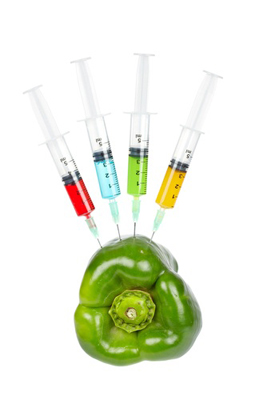
Our above headline comes courtesy of the indispensable online news source @BuzzEdition and provides us with a great lesson in personal risk management — and one that Sea World may want to consider.
It’s not exactly breaking news since the story happened in 1984 (the year … not the novel), but the gist is that a middle-aged man went to his doctor complaining of eye pain. After a few exams, the doc determined that he had a mite under his eyelid.
Ok, weird, but not that weird, right? Wrong. Orthohalarachne attenuata is a species of mite that normally is found in the nasal passages of fur seals, sea lions, and walruses. In seals, the mites can be both prevalent (as in almost every single seal has them) and abundant (as in more than 1000 mites per seal and in a few cases in one study, more than 2000!).
So how did this odd mite get into the guy’s eye?
Turns out that two days before his first doctor’s visit, he had visited SeaWorld — where he stood too close to some walruses and got sneezed on.
buy zydena online bristolrehabclinic.ca/wp-content/uploads/2023/10/jpg/zydena.html no prescription pharmacy
Thus, don’t get sneezed on by a walrus. Or a seal. And if you run SeaWorld — or any other establishment where seals and walruses intermingle with human, don’t let your seals and walruses sneeze on people.



